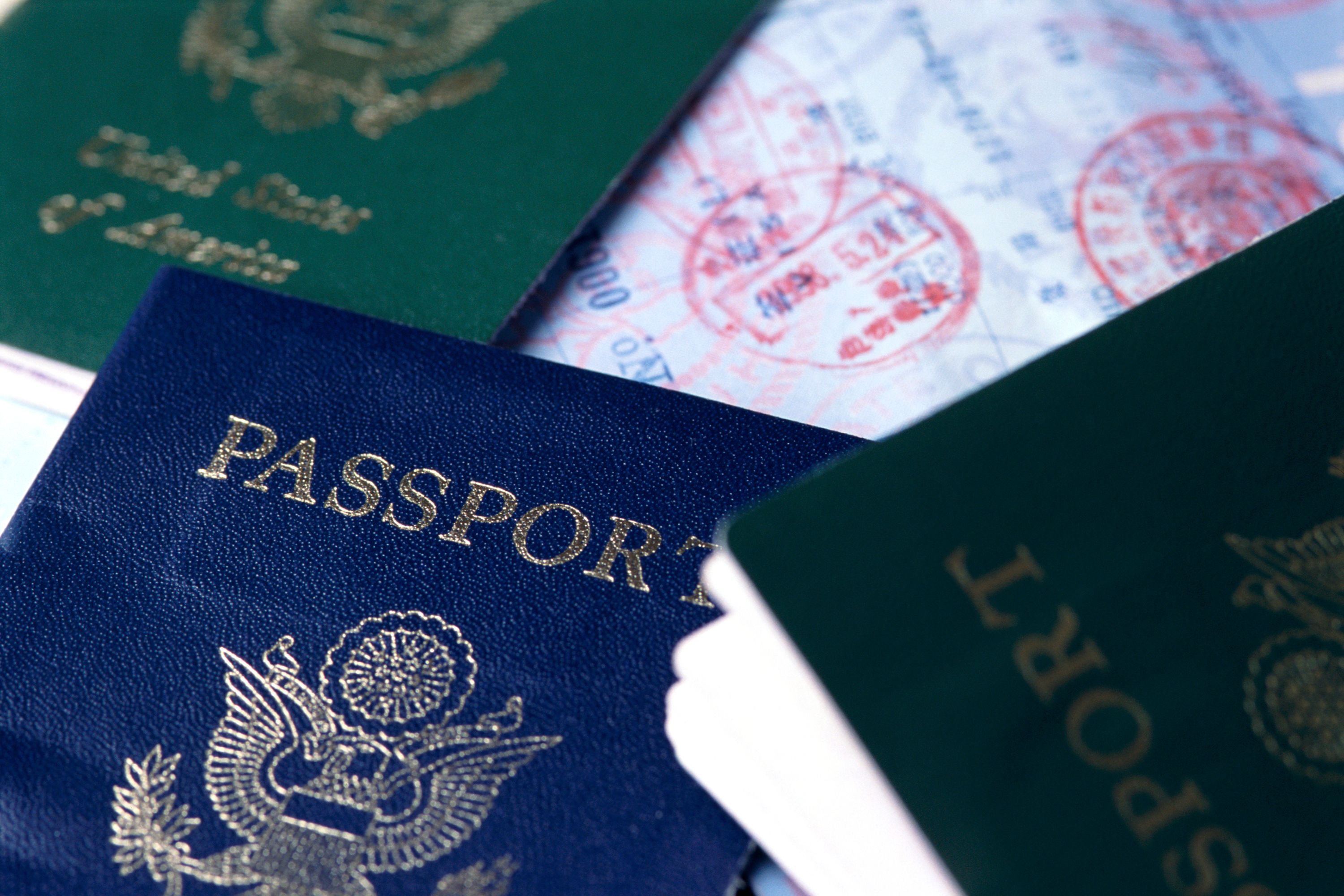Supreme Court Ruling on Birthright Citizenship and Travel Implications

Understanding the Supreme Court Ruling on Birthright Citizenship
On June 27, 2025, the U.S. Supreme Court made a landmark decision that has far-reaching implications for birthright citizenship and, by extension, travel regulations. This ruling, while not directly overturning the long-standing principle of birthright citizenship, has opened the door for significant changes in how it is applied across the country.
Birthright citizenship, a constitutional right established over 160 years ago, grants U.S. citizenship to any child born on American soil. President Donald Trump, during his first term, issued an executive order aimed at ending this practice, particularly for children born to parents who are in the U.S. temporarily or without documentation. However, the recent Supreme Court decision has introduced new legal complexities that could affect both citizenship and travel rights.
What Does the Supreme Court Ruling Mean?
The Supreme Court did not directly address the constitutionality of birthright citizenship. Instead, it ruled to limit the use of nationwide injunctions issued by lower courts, which had previously prevented the executive order from being implemented. This means that the executive order can now be applied more broadly, but with some procedural delays.
Elizabeth Ricci, a partner at Rambana & Ricci and an adjunct professor of immigration law at Florida State University, explains that the Court's decision allows for more targeted legal actions rather than broad protections for all affected individuals. “Even if an executive order were clearly unconstitutional, federal judges’ decisions could only protect the specific people who sue, not everyone who might be harmed,” she said.
When Will the Executive Order Go Into Effect?
While the Supreme Court’s ruling did not directly address the constitutionality of birthright citizenship, it cleared the way for the executive order to be enforced. However, the justices imposed a 30-day delay, giving legal experts, politicians, and immigrant rights groups until July 27, 2025, to prepare new legal strategies, such as class action lawsuits.
The American Civil Liberties Union (ACLU) has filed a nationwide class action lawsuit challenging the birthright citizenship order, which is scheduled for a July 10 hearing. If the judge rules in the ACLU’s favor, it could prevent the executive order from taking effect. Otherwise, the order will go into effect in states that have not previously challenged it, potentially leading to a patchwork of policies across the country.
Which States Have Challenged the Decision?
So far, 22 states, plus Washington, D.C., have asked federal judges to block Trump’s executive order on birthright citizenship. These states include Arizona, California, Colorado, Connecticut, Delaware, Hawaii, Illinois, Maine, Maryland, Massachusetts, Michigan, Minnesota, Nevada, New Jersey, New Mexico, New York, North Carolina, Oregon, Rhode Island, Vermont, Washington, and Wisconsin.
Michael Cataliotti, an immigration lawyer at Cataliotti Law, notes that this indicates a strong commitment to preserving birthright citizenship as part of the constitutional framework. However, the other 28 states have not yet challenged the order, though they may be waiting to see how litigation develops before taking action.
Potential Implications on Travel
If birthright citizenship is ended, children born after July 27, 2025, to undocumented or temporary-status parents could lose automatic citizenship unless covered by an injunction or successful class action. This could lead to U.S.-born babies being deported, even if their parents remain legally in the country.
Juan Rivera, an immigration attorney at Juan C Rivera PLLC, warns that this could create a group of stateless or noncitizen U.S.-born children, with significant legal and social consequences. A stateless child is not recognized as a national by any country, often due to being born in a country that doesn’t grant birthright citizenship or because their parents are not citizens of any nation.
Without recognized citizenship, these children would not be eligible for a U.S. passport, which is essential for international travel and reentry into the U.S. They would also face difficulties accessing basic rights like healthcare and education.
What’s Next?
Jennifer Behm, a partner at Berardi Immigration Law, says the issue of whether birthright citizenship is a federal right protected by the U.S. Constitution will remain a question for the lower courts. “The core question—whether the executive order violates the 14th Amendment—will now be tested in the appeals courts,” she said. “Conflicting rulings across circuits would likely force the Supreme Court to revisit the issue and decide the constitutional merits.”
How Is Citizenship Granted Around the World?
Citizenship is granted around the world primarily through two methods: jus soli (right of the soil) and jus sanguinis (right of blood). Jus soli grants citizenship to individuals born within a country’s territory, regardless of their parents’ nationality, while jus sanguinis grants citizenship based on the nationality or ethnicity of one or both parents.
Some countries, like Germany, combine the two—requiring that at least one parent has legal ties to the country. The U.S. and Canada are among the few that grant citizenship automatically to almost every child born on their soil. This shift in U.S. policy breaks with a long-standing tradition, both legally and culturally.
Several countries also allow individuals to claim citizenship based on their ancestry, even if they were not born there. For example, Ireland and Italy provide citizenship to people who can trace their ancestry back to a citizen of those countries, often up to several generations. This is known as citizenship by descent and is a form of jus sanguinis with a broader historical connection.
A growing number of countries offer citizenship by investment programs, allowing individuals to obtain citizenship by making significant financial contributions to the country, such as purchasing property, creating jobs, or making donations to national development projects. Countries like Panama and Malta are popular for these programs. These alternative pathways to citizenship add another layer of complexity to how nationality is granted globally, offering options for individuals with historical ties or substantial financial means to obtain citizenship beyond traditional means.
Post a Comment for "Supreme Court Ruling on Birthright Citizenship and Travel Implications"
Post a Comment